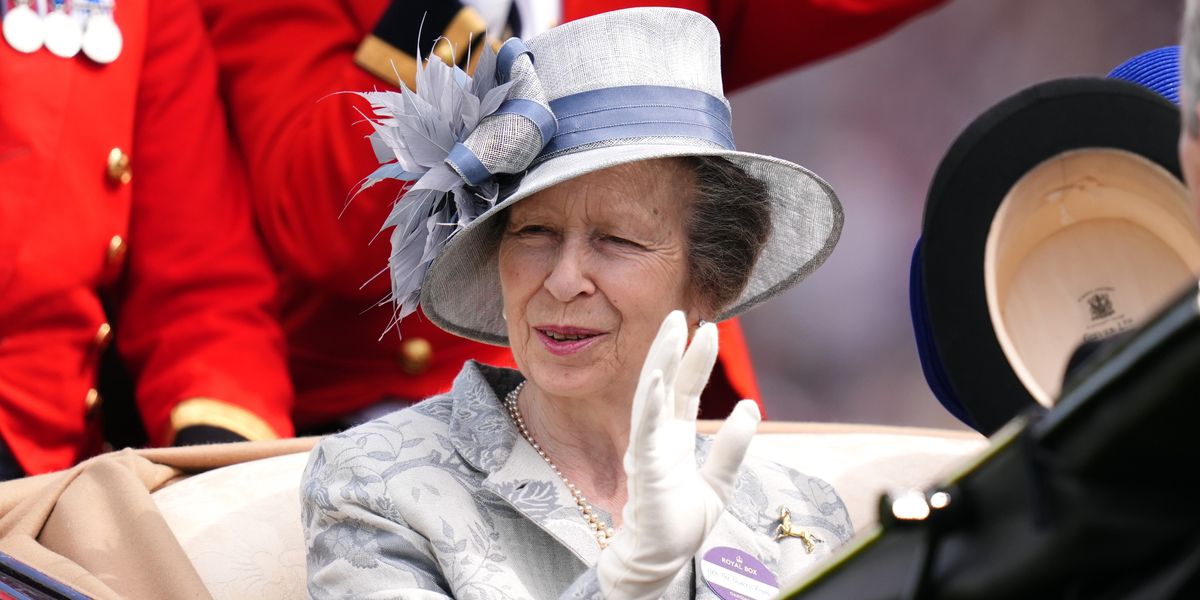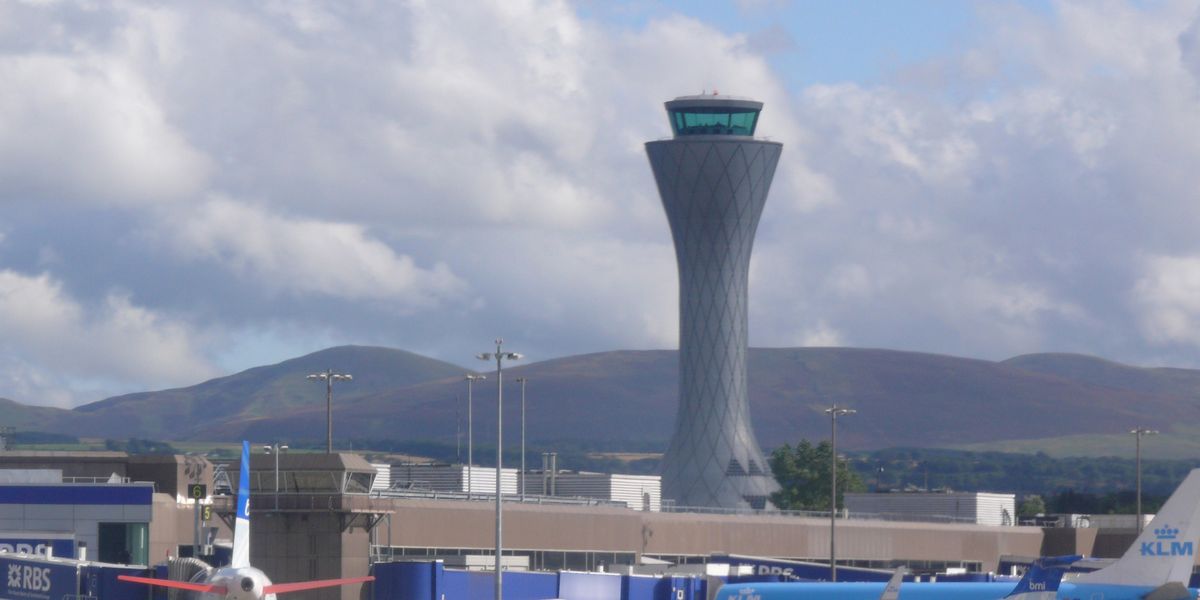‘Will you lads be having anything to drink with your meal then?’
A standard question for any waiter to ask, but in the Yellow Bittern, a tiny 18-seater bistro recently opened on London’s Caledonian Road, it’s a pointed challenge with only one correct answer.
It’s an answer we’re determined not to give.
‘Just some water for us thanks, it’s a bit early for us.’
Hugh Corcoran, the chef cum poet cum communist owner of North London’s most controversial new restaurant stiffens and shuffles back to his makeshift kingdom: the open plan kitchen where he ladles out bowls of Irish delicacies to his high brow clientele.
He never speaks to us again.
A man with an unrefined palate and distinct lack of literary nouse grapples with a £20 Dublin coddle

Hugh Corcoran, the chef cum poet cum communist owner of North London’s most controversial new restaurant: The Yellow Bittern

However Corcoran has already upset his customers by claiming some of them don’t understand the concept of lunch

Corcoran’s new venture, which he co owns with Frances Armstrong-Jones and Oisín Davies, is less than a month old
Corcoran’s new venture, which he co owns with Frances Armstrong-Jones and Oisín Davies, is less than a month old but has already made headlines for all the wrong reasons.
The dining spot only opens for lunch on weekdays, does not accept card or walk ins and seats just 18 people with prospective diners having to call or send a postcard to reserve a table.
The novel concept theoretically harkens back to the glory days of long salubrious lunches fueled by fine wine, fine food and titillating company.
But Corcoran has already upset his customers by claiming some of them don’t understand his bold lunch concept.
In an Instagram tirade, the chef said: ‘Little sharing plates has ruined dining. Or rather it has ruined diners. It is now apparently completely normal to book a table for 4 people say and then order one starter and two mains to share and a glass of tap water.
‘There was at one point an etiquette in restaurants that if you booked a table in a nice place you at the very least had to order a main course (and possibly even a starter or dessert) and drink wine in order your table to be worth serving.
‘For example, we do to the effort of dressing the table, of picking and arranging the flowers, of polishing the glasses etc and reserve the table for 2 hours for someone to order a meal which ends up costing £25 a head. It’s not worth us opening.
‘Order correctly, drink some wine, and justify your presence in the room that afternoon. If you do not drink because you have done so to such excess that it cannot be permitted any longer, then come hungry and eat your fair share.
‘Restaurants are not public benches, you are there to spend some money.’
Challenge accepted then Hugh.

At a first glance, the YB is a tiny bookish place filled with obscure artwork and old Irish maps

Below the tiny restaurant, a second hand book shop lurks although you won’t find any Sally Rooney on the shelves

The £6 soda bread was washed down with half a bottle of Guinness each

The £6 radishes and butter consisted of some radishes and some butter
When we arrive at the Yellow Bittern, which I will henceforth be abbreviating to YB for ease and as it sounds suitably bookish (something Hugh loves), we are struck by how unassuming the place is.
In order to enter the establishment you must first ring a bell which summons one of the three members of staff to grant you entry.
We are met by Hugh who beckons us in and directs us to a table which is still covered in the detritus of the first luncheon.
While the table is hurriedly cleaned, we are left to stand awkwardly in the cramped aisle between the two banks of tables and assess the scene.
At a first glance, the YB is a tiny bookish place filled with obscure artwork, old Irish maps and perhaps bizarrely for a man who has made no secret of his desire to make money: a portrait of Lenin.
In order to be seated one of the tables has to be pulled out which results in my companion being trapped against the wall for the entire meal.
Should you wish to use the toilet or peruse the second hand bookshop downstairs, the entire process must be repeated.
You can at least read the menu though, which is located on a single chalk board by a a large serving table piled high with the days offerings.
On the day MailOnline visited, the YB is serving delights such as £6 soda bread, £20 Dublin coddle and £9 apple pie.
These prices are on the expensive side but they aren’t overtly ridiculous in the way that some other London restaurants are, so that’s a plus for the YB.
Where the YB makes most of its money you feel is through their extensive wine list, which doesn’t exist on any physical menu, as Hugh simply reels off the selections to customers off the top of his head.
We do not give him the opportunity to do so and opt for some water.
When he is finally granted the stage by the diners to our left he is clearly in his element, listing off the different tasting notes and origin of each bottle in the vein of a man who clearly wants you to know he is an expert on wine.
Prices for the wine in the YB vary from £40 to £100 a bottle with single glasses setting customers back around £10.
After stewing over our water for the best part of 20 minutes without ordering (even though the restaurant only has 18 seats, service is glacial) we decide to ape the behaviour of fellow diners and order a £5 Guinness: to share.
The bottle is unceremoniously dumped on our table and we get to work nursing the stout.

The green salad is, for want of a better description, a heap of gem lettuce slathered in a plain vinaigrette

The coddle is a disaster consisting of two ugly-looking sausages that taste like they’ve come out of a can floating in a sad broth
On to the food then, and we decide to order some soda bread to share and the mysterious option of £6 ‘radishes and butter.’
Are they cooked in butter we wonder? Is this a cheeky play on words teasing the intricate nature of the dish? No. We are served a plate of radishes alongside a splodge of butter.
The radishes are fresh and tasty but the butter doesn’t really add much to the dish. As a combination it seems fairly pointless, but maybe that’s the point.
We’re unsure but can’t stew over it too long as our main course of £20 Dublin coddle and £6 green salad promptly arrives.
This is where things take an unsavoury turn. The green salad is, for want of a better description, a heap of gem lettuce slathered in a plain vinaigrette. Inoffensive but hardly a salad.
The coddle though is a disaster. Two ugly-looking sausages that taste like they’ve come out of a can floating in a sad broth next to some potatoes.
Between us we can only finish off one of the sausages, leaving the other one to float forlornly in a puddle of Hugh’s making.
Our fellow diners are tucking into a far more hearty looking stew which had unfortunately run out for half of the day’s second luncheon.
This of course begs the question: why complain about how little your customers are spending if your kitchen physically can’t handle the demands of 36 covers a day?

Postcards adorn the walls of the YB in an effort to justify the restaurant’s absurd booking policy

At the end of the meal, we have spent roughly £24 a head which according to Hugh’s own estimations means we weren’t worth serving
Questions, questions, questions – the answers of which are presumably stashed on the postcards pinned around the restaurant to justify their ridiculous booking policy.
In need of a toilet break, my companion begins the herculean task of extricating himself from the wall.
We are forced to move the table fully out into the aisle, spilling our water and scraping into our fellow diners who are packed against us like sardines.
During the process, a genuinely irritated server asked us not to do that in future but rather put our hand up and wait for assistance like we’re in school.
So the vibe is less of a long luxurious luncheon and more of a put your hand up to go toilet and be grateful you’re allowed.
School dinners at least are cheaper.
Having seen (and tasted) enough, we motion that we’d like to pay, a process which is elongated as we have conveniently forgot to bring cash (Hugh takes ‘more pleasure’ from physical currency).
At the end of the meal, we have spent roughly £24 a head which according to Hugh’s own estimations means we weren’t worth serving.
That’s fine by us, as by our own estimations, the experience wasn’t worth paying for.













